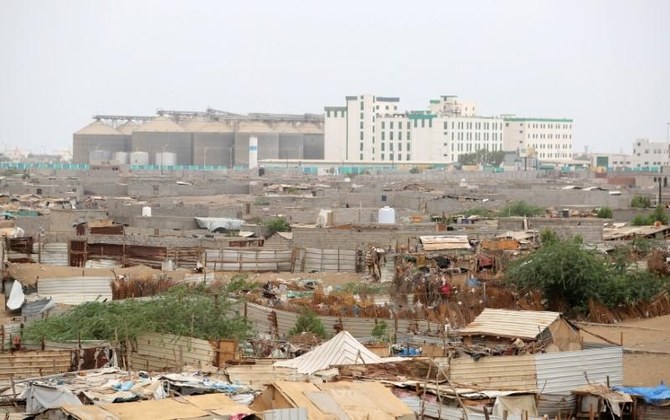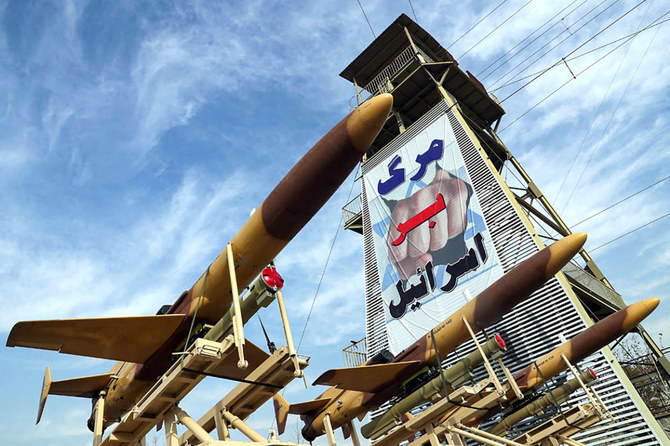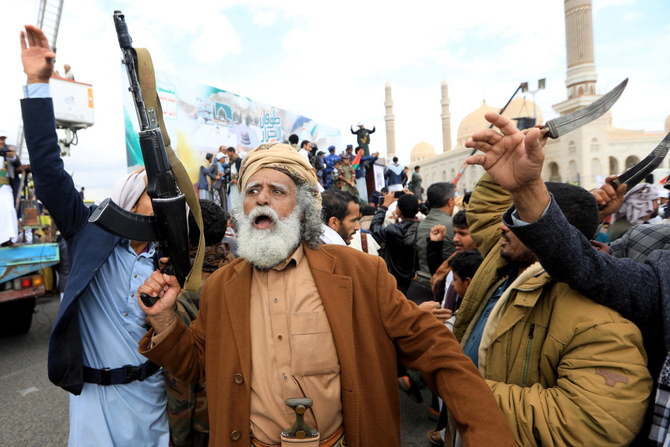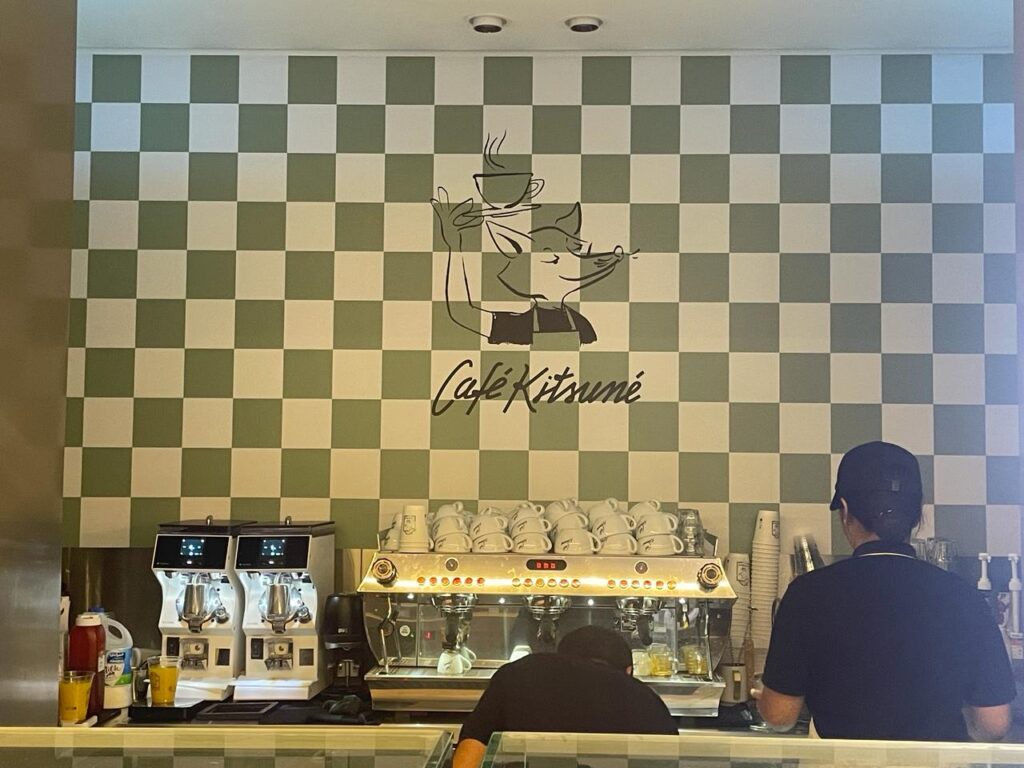AL-MUKALLA: Yemen human rights activists, government officials, and others have taken part in a social media campaign to draw international attention to the suffering of people in Houthi-held Hodeidah, which is experiencing long power outages and soaring temperatures.
Yemenis said the Houthis, who have generated billions of Yemeni riyals in revenue from oil tankers entering Hodeidah’s port since April 2, were spending little to no money on addressing the intensifying power cuts or other basic services in the city.
Using the hashtags #Hodeidahisdying and #Hodeidah_is_ disaster_city, people posted images of half-dressed men and children sleeping outdoors or on the roofs of their houses to escape the heat.
“Our forgotten people in Hodeidah are the biggest victims of Houthi arrogance. Hunger, sickness and unfairness. They lack the most basic of their rights as the bounties of their land go to others,” tweeted journalist Akram Tawfeek.
Muneir Mohammed, an activist who was detained in a Houthi-run prison in Hodeidah, recounted his days behind bars during the summer and said that this season in the city was “part of hell.”
“I stayed in the prisons of the Houthi militia in Hodeidah for several months, and they were the worst days I ever lived. The heat (not) only burns the skins, but melts bones and guts,” Mohammed said.
International aid organizations said at least 70 percent of the country’s goods and 80 percent of humanitarian assistance to Yemen went through the city’s ports.
In late 2018, the government and Houthis signed the UN-brokered Stockholm Agreement. Under the deal, the Houthis agreed to deposit revenues from fuel and goods ships into the central bank in Hodeidah.
The proceeds would be used for paying government employees in Houthi-controlled areas in exchange for the government stopping a military offensive on Hodeidah.
In July 2020, the government accused the Houthis of looting nearly $160 million from the central bank branch in Hodeidah and refusing to pay the salaries of government employees.
Residents in Hodeidah and officials said that looted money was transferred to Sanaa to fuel the Houthis’ military operations, leaving people in Hodeidah battling long power cuts during the hot weather.
Waleed Al-Qudaimi, Hodeidah’s deputy governor, said the Houthis had recently looted billions of Yemeni riyals from the Electricity Support Fund in Hodeidah and transferred the sums to Sanaa, adding that the proceeds were supposed to go toward maintaining the city’s electricity grids or buying new ones to meet the demand for power during the summer. “Hodeidah and its people are facing death and pain due to the continued looting of their revenues,” Al-Qudaimi said.
Residents said electricity was available for three hours a day and the widespread cuts had affected all sectors, including hospitals where patients were dying due to the lack of air conditioning.
“The situation in Hodeidah is very difficult. Patients are dying due to power cuts. We demand the UN and its envoy force the party that controls Hodeidah to address power outages,” a Hodeidah journalist who is currently based in Aden told Arab News on condition of anonymity.
From the Houthi-controlled city, where protests are brutally suppressed, people protested anonymously online or relayed their ordeal to friends or relatives outside the country.
“My children are tormented by the heat of the weather and their faces and bodies have been deformed. Thousands of children in Hodeidah are suffering. Their skin is burned as if you poured acid on them. They scream during the day and suffer at night,” read a message from a Hodeidah resident widely circulated on social media.






















